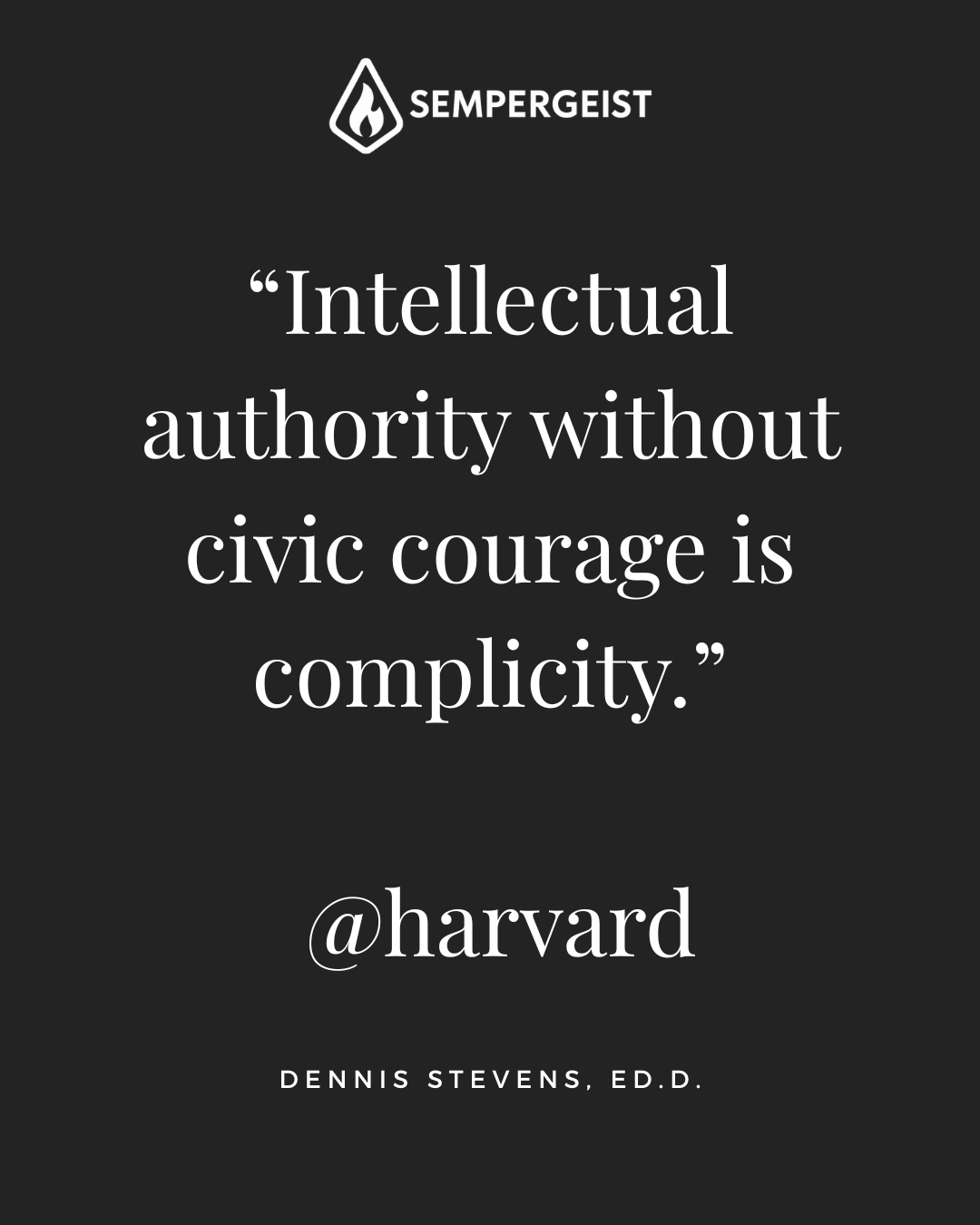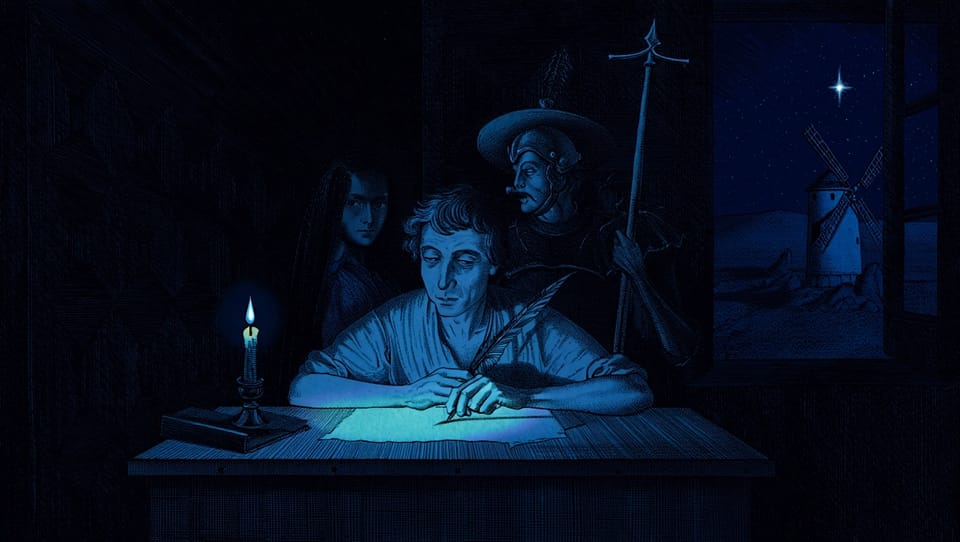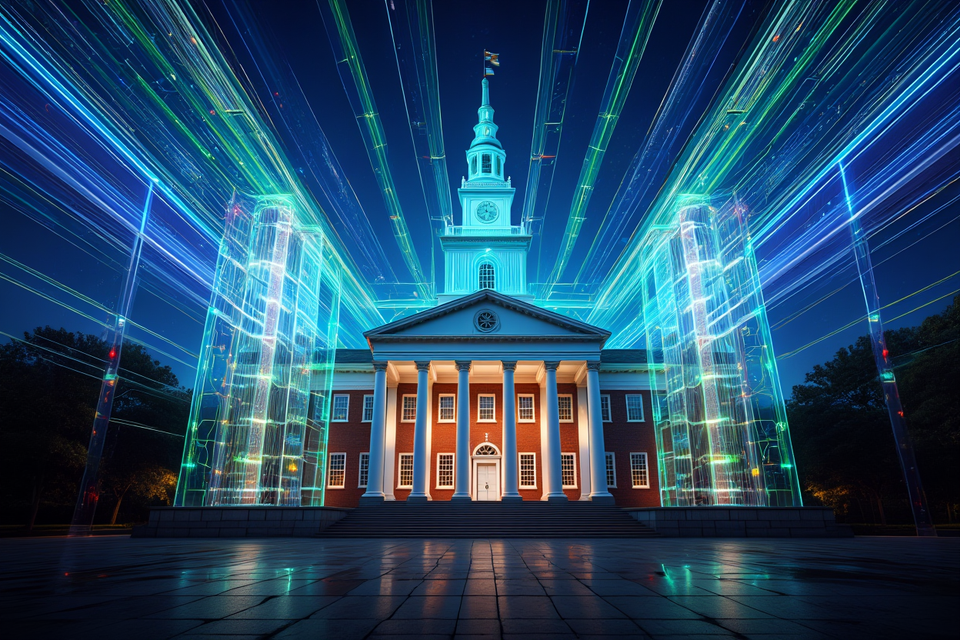Harvard and the Importance of Civic Courage
Civic courage is the resolve to uphold democratic values despite risk. Harvard's refusal to yield to political pressure defends academic freedom. It sets a national precedent, showing that moral leadership in crisis protects the integrity of education as well as the future of democracy.

Civic courage refers to the willingness and ability to stand up for what's right in public life, even when doing so carries personal risks. It involves actively defending democratic values, speaking truth to power, and taking moral action in the face of intimidation, social pressure, or potential harm.
The concept encompasses several key elements:
- Moral conviction - Acting based on deeply held ethical principles rather than self-interest
- Risk acceptance - Willingness to face consequences like social rejection, career damage, or even physical danger
- Public dimension - Taking a stand in community settings rather than private contexts
- Democratic purpose - Protecting civic institutions, rights, and the complexity of the common good
Unlike physical courage in dangerous situations, civic courage relates explicitly to the defense of civil society and democratic values. It can manifest in various ways, from whistleblowing against corruption, standing up against discrimination in everyday settings, to protecting the First Amendment.
Historical Examples of Civic Courage:
1. Newton Minow's "vast wasteland" speech in 1961, when the FCC chairman addressed the National Association of Broadcasters, represents significant civic courage. As the new FCC chairman, Minow challenged the television industry directly, telling them their programming was failing the public interest. This required moral conviction to speak an uncomfortable truth to a powerful industry while risking personal and professional backlash.
2. Edward R. Murrow's broadcasts challenging Senator Joseph McCarthy in 1954 exemplify civic courage at a time when McCarthyism had created a climate of fear. Murrow used his CBS program "See It Now" to methodically expose McCarthy's tactics, concluding with the famous line: "We will not walk in fear, one of another." This took tremendous courage as McCarthy had ruined many careers, and Murrow risked his reputation, career, and CBS's commercial interests.
3. Walter Cronkite's Vietnam commentary in 1968 represented a rare break from journalistic neutrality. After witnessing the aftermath of the Tet Offensive firsthand, Cronkite told viewers that the war was "mired in stalemate." This required courage because it contradicted the government's official position during wartime and risked his credibility as "the most trusted man in America."
4. Jon Stewart's 2004 appearance on CNN's "Crossfire" where he criticized the program for "hurting America" by reducing political discourse to theater represents modern civic courage. Stewart risked his entertainment industry relationships and public image by directly confronting media figures on their own program, arguing they were failing their journalistic responsibility.


The Need for Harvard's Civic Courage
Harvard University faces unprecedented pressures demanding civic courage - the willingness to stand for democratic values and academic principles despite personal and institutional risks. This clarification highlights why civic courage is essential for Harvard now:
Defending Academic Freedom and Institutional Autonomy
Harvard's stance against federal demands demonstrates why civic courage matters. The university recently refused to comply with sweeping government requirements including eliminating diversity programs, changing university policies on protests and admissions, and allowing federal oversight of academic decision-making. In April 2025, Harvard's president Alan Garber stated clearly: "The University will not surrender its independence or relinquish its constitutional rights." This principled stand led to $2.2 billion in federal funding being frozen.
Setting a National Example
As the nation's oldest and wealthiest university with a $53 billion endowment, Harvard's actions have significant ripple effects throughout higher education. Former President Barack Obama noted that "Harvard has set an example for other higher-ed institutions – rejecting an unlawful and ham-handed attempt to stifle academic freedom." When Harvard demonstrates courage, it empowers other universities to resist similar encroachments, reinforcing the collective integrity of American higher education.
Protecting Academic Values and Diverse Perspectives
The university faces intensifying debates about free expression and the exchange of ideas. The American Association of University Professors' foundational principles emphasize the need for academics "to inquire and speculate, recognizing no such thing as dangerous knowledge," and to help students "think for themselves." Recently, over 120 faculty joined the Council on Academic Freedom at Harvard to address concerns about open intellectual exchange.
Responding to Community Mobilization
Recent activism by students and faculty has pushed Harvard to take more principled stances. In April 2025, 600 faculty members urged the university to resist government threats to academic independence. This grassroots organizing strengthens the university's culture of justice, free expression, and moral leadership.
Safeguarding Higher Education's Civic Mission
The current conflicts highlight the essential nature of academic freedom as distinct from free speech. At its core, this debate concerns whether "universities have failed to protect freedom of expression" and whether higher education will remain a space for critical thought and open inquiry. As one scholar noted, democratic societies and academic institutions face the same choice: "Either there is complete protection for the expression of all ideas and views, or there is an orthodoxy of belief."
Why Civic Courage Matters Now
Civic courage at Harvard isn't just about institutional independence; it's about defending the very foundations of democracy.
Higher education exists to serve the public through unfettered inquiry, critical thinking, and the formation of responsible citizens. By standing on principle and accepting risk, Harvard helps safeguard these core values across the nation.
This moment is about intellectual and institutional leadership, and the stakes are not only academic- they are constitutional and existential.
If universities yield to political interference, we risk eroding the freedoms that anchor American democratic society. Harvard's response will influence whether higher education remains a guardian of truth, a catalyst for civic renewal, and a bulwark against democratic decline.



